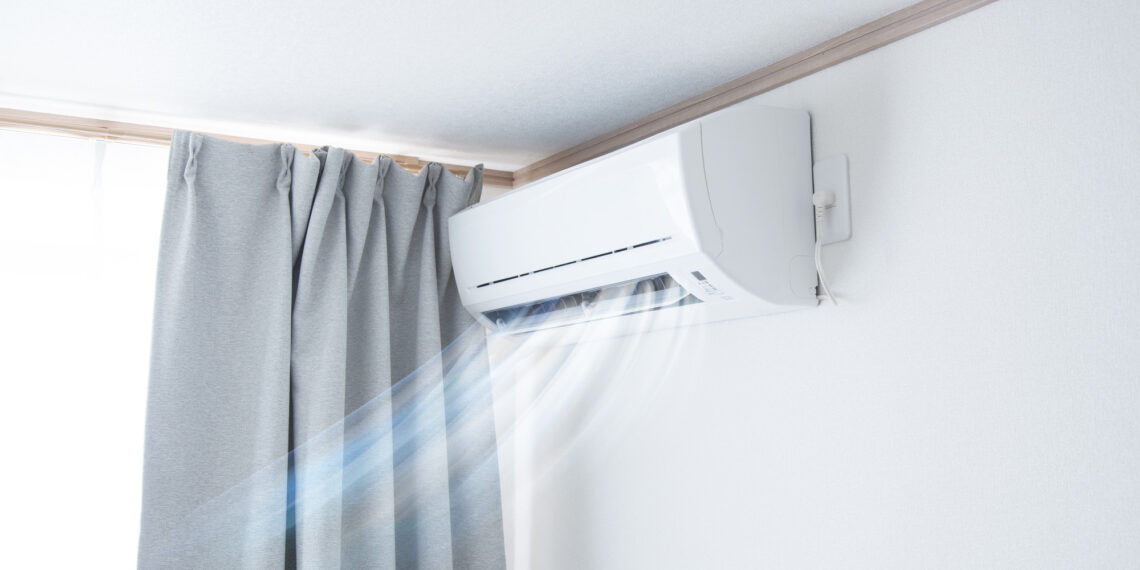The average person spends about 90% of their day indoors. Since concentrations of certain pollutants can be higher indoors than outdoors, it’s very important to keep your air quality as high as possible.
Paying attention to the MERV rating of your AC filter is a good way to make sure you are keeping your indoor air quality high. Let’s take a look at what are MERV ratings and how to choose the best one for your air conditioning system.
Table of Contents
What Is a MERV Rating?
MERV stands for Minimum Efficiency Reporting Value. A MERV rating is a value that says how effective the air filter in your air conditioner is. MERV ratings range from 1-16. A higher value means the filter stops more particles from passing through.
These particles can include pollen, dust mites, mold, pet dander, bacteria, and smoke, among others. Because these particles are all different sizes, filters of different MERV ratings are better at removing different particulates.
What Are Good MERV Ratings for Residential AC?
Each AC unit and home will have a MERV rating that will be the most effective for that situation. In general, filters with a MERV rating of 7-12 are effective enough for many residences. If you have a window AC unit, look for a MERV rating of 7-12 because of the small size of the unit.
For a residential system, you should aim for at least an 8. A MERV rating of 8 can filter out many household particulates. But, they still allow the system to work efficiently.
Individual situations may make a higher MERV rating a better choice. For example, a filter with a MERV 10-12 may be a better choice for those with allergies, asthma, or other respiratory conditions or for people who have kids or pets.
The American Society of Heating, Refrigerating and Air-Conditioning Engineers (ASHRAE) actually recommends a MERV 13 filter when possible. These can handle even smaller particles, making them a good choice for elderly and newborn household members.
However, a higher MERV rating does mean less airflow. This means the system must work harder and use more energy. Some residential AC systems simply cannot effectively use higher MERV rating filters.
If this is the case for your system, try to go with the highest rating your HVAC system can handle. This will allow maximum airflow, while still removing harmful particulates. An HVAC professional can help you choose a good filter if you need advice.
What MERV Ratings Do Businesses Need?
Choosing a MERV rating for a filter in a business is less straightforward. The most effective filter will depend on what type of business it is and what type of building you are in.
When choosing a filter, it is a good idea to consult with an HVAC professional. They can give you advice for a good filter and point you towards a good manufacturer, such as Titan Products.
For most typical commercial buildings, a MERV rating of 5-8 would be a good choice. If you are looking for more intense filtering, 9-12 may be a better option.
Hospitals, smoking lounges, and areas with people with severe allergies may want to choose a higher MERV rating. A 13-20 is recommended for these situations.
Choose the Best Filter for Your AC
Choosing the best filter for your AC system is an important decision. You want to make sure the MERV rating indicates that it removes enough irritants but also allows your system to run efficiently.
If you found this article helpful, be sure to check out our other articles too.

